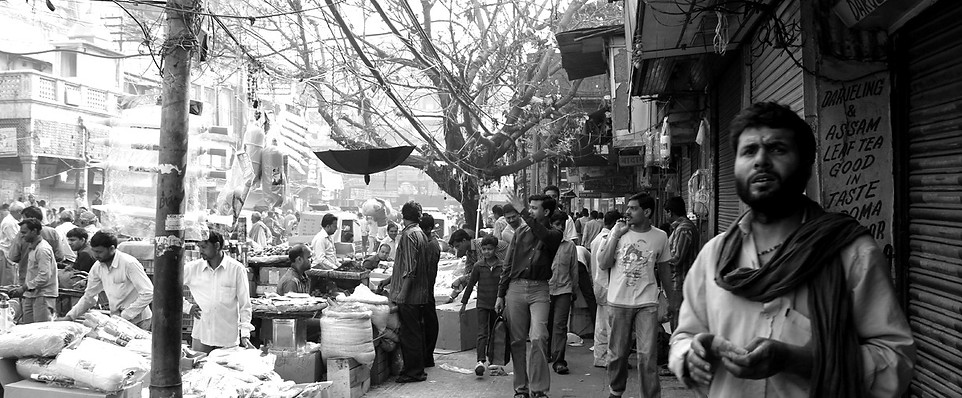
Urban Design
Our urban design work has included a waterfront development project in Mauritius; a Market revitalisation project in Mauritius; a Master plan for the Buddhist circuit in Orissa; the Konkan Coastal tourism plan; the GOI-UNDP Endogenous tourism projects that included the weavers’ community in Pochampalli, Andhra Pradesh and two Spice tourism projects in Tamil Nadu. We worked with the Netherlands Embassy, a Dutch NGO and the local residents to prepare a Conservation plan for Bimilipatnam, a historical dutch settlement on the east coast. We share some of this work here.
Teaching
Our recent teaching has included Urban design studios on ‘The Informal marketplace’ and ‘The Future of Everyday Urban spaces’ at CEPT University, Ahmedabad. We have done two week workshops as part of the CEPT Summer Winter School program on: ‘The Everyday City’; ‘Trees, Culture & Urban Design’ and ‘Rethinking Campus Design’. In June and July 2021, we did sessions in the Faculty Development Programmes organised by BMS college in Basavanagudi and BMSSA college in Yelahanka, Bangalore that focused on ‘Architectural & Urban design research’ and ‘Pandemic and Future Cities’.
Research
Our research interests include Urban design, Public spaces, Informal urbanism, Urban informality, Everyday practices, Marketplaces and Urban design pedagogy. The recent publications include one, a paper on how the practice of tree worship generates neighbourhood community spaces in Bangalore; and two, a paper that looks at the antecedents of urban informality using the context of a market precinct, both published in the Journal of Urban design. Our forthcoming publications include a book on the Social life of Indian public spaces that looks at the chai (tea) vendors and paan (betel leaf) vendors in Ahmedabad.
Book: The Making of a Campus: IIM Bangalore

The book tells the story of the design vision for the IIMB campus and how it has been experienced as a ‘space’ and a ‘place’ over four decades.
If you are someone who has closely experienced the IIM Bangalore campus, to whom the walks through the architecture-nature continuum have brought calmth and happiness or someone who has learnt immensely from this work as an architectural student or practitioner, you may want to follow the journey of the architects who made it possible: Studio Sangath (Balkrishna Doshi), Kanvinde, Rai & Chowdhury Architects (Achyut Kanvinde) and MindSpace Architects (Sanjay Mohe).

